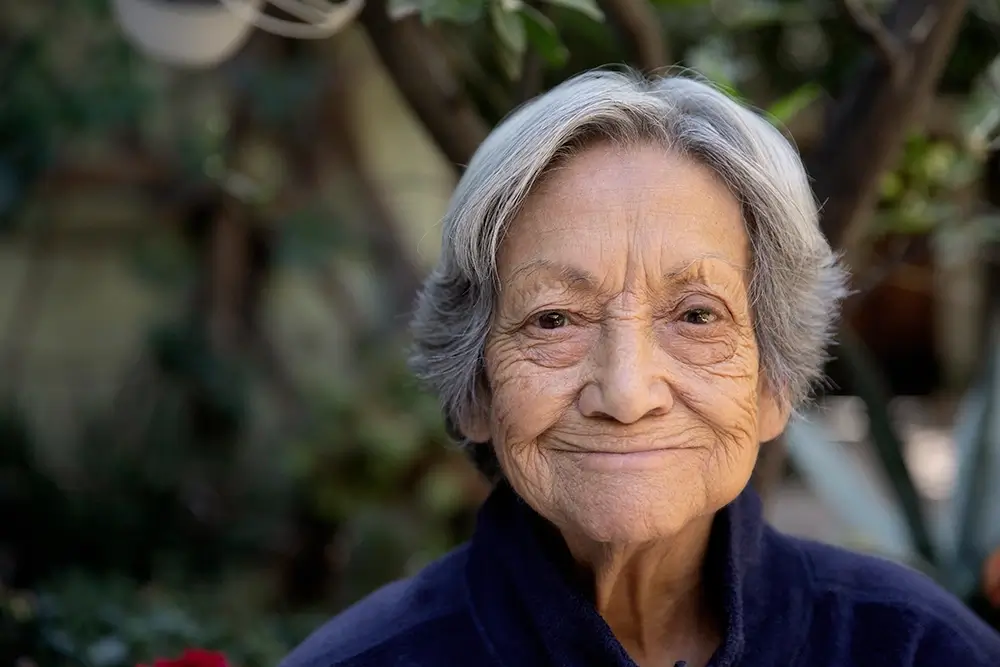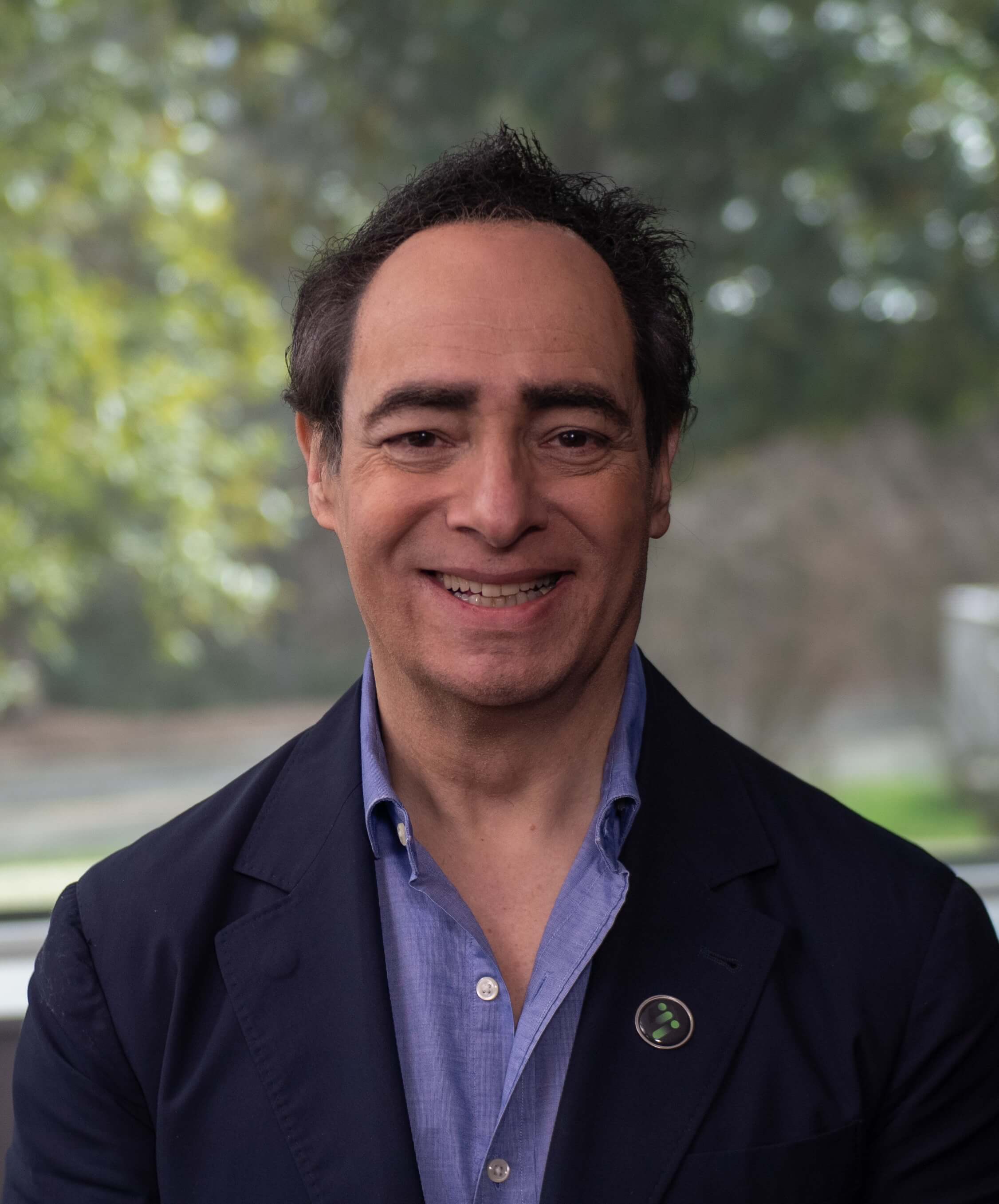Inflammatory & Autoimmune
Agile solutions for your autoimmune trial.
Drive your inflammatory and autoimmune products forward with our agile solutions. Partner with us to harness our powerful data and patient insights to optimize outcomes and streamline your clinical studies.
Precise site selection
Advance your treatment with a team focused on the right sites and the best patient outcomes.
Expert guidance
Partner with experienced experts who overcome challenges and optimize your delivery.
Data-driven approach
Use our data to meet the needs of sites and patients throughout your autoimmune clinical trial.
Comprehensive support for inflammatory and autoimmune indications
Advance your inflammatory and autoimmune clinical trial across the spectrum of development-from integrated Phase I-III designs to Phase IV observational studies. We bring decades of experience to drive the process while adapting to global regulatory changes. As your agile partner, we fully support precision medicines and early interventions to help you deliver personalized treatments for inflammatory and autoimmune diseases.


Optimize your inflammatory and autoimmune trial with data
Our data-driven approach supports on-time and on-budget study conduct. We use real-time de-identified laboratory data, global investigator performance data, a patient intelligence database and advanced technologies to transform data into actionable insights.
We assess investigator performance, enhance in-country selection, optimize patient recruitment and improve forecasting, compared with industry standards. Together, we're pushing science and data forward for patient-centric solutions-the way it ought to be.
Inflammatory and autoimmune experience that matters
In the last 5 years, we have supported:
Top indications
- 风湿性关节炎
- Systemic lupus erythematosuse
- Crohn’s disease
- Osteoarthritis
- Psoriasis
- Ulcerative colitis
- Ankylosing spondylitis
我们的专家
Delivering inflammatory and autoimmune leadership
非凡的合作始于一支经验丰富的团队。 Browse the bios of our featured team members.
Fortrea is a trusted, knowledgeable partner. The team is always willing to go above and beyond to meet study needs and deliverables. They have a good working relationship with our sites and a strong commitment to our trial and the patients on study.
Large Biotech
The team is always willing to go above and beyond
结合患者的意见
We deliver life-changing solutions faster, giving your products the best odds of reaching the patients who need them most. Incorporating the voice of the patient in clinical trials is essential for generating actionable data insights that drive successful outcomes. Our Patient Intelligence Library spans indications that include rheumatoid arthritis, Crohn's disease, gout, osteoarthritis, psoriatic arthritis, ankylosing spondylitis, systemic lupus erythematosus, ulcerative colitis and more.
With this proprietary information, we identify key factors like barriers to trial participation, willingness to use mobile devices, preferred travel times and interest in home visits. By integrating these insights with early engagement, feasibility and site selection, we enable a site- and patient-centric approach that enhances retention and streamlines your study delivery.



